Early in July, the Department for Education (DfE) published the new Academy Trust Handbook 2023.
The document is shorter than in previous years, and has been refined to meet the need for a more simplified regulatory approach.
Trusts will need to familiarise themselves, and prepare to comply with, the regulations set out within by 1 September 2023.
In this article we summarise just some of the key changes that academy trusts will need to get to grips with in the coming months.
Roles and responsibilities within an academy trust
The Handbook provides updated guidance in respect of governance matters, the level of knowledge that should be held by the board, and occupation of certain roles within the trust.
In respect of governance, in particular, it is advised that trusts ‘should’ consider the characteristics of a ‘high-quality trust’ as outlined in the trust quality descriptions.
As for the roles and responsibilities of those running the trust, the Handbook confirms that the board should identify the skills and experience it needs to conduct itself accordingly, and that this includes having sufficient financial knowledge to hold the executive to account.
This may involve trusts needing to evaluate the skills and experience of the board as it stands and to identify the need for training where appropriate.
Furthermore, the document outlines the responsibilities of the Accounting Officer, and the Chief Financial Officer and affirms that the roles should not be occupied by the same individual.
Changes to main financial requirements
The DfE have also made a few important changes under the ‘main financial requirements’ heading, pertaining to board meetings, the Budget Forecast Return, management accounts and Electric Vehicle (EV) salary sacrifice schemes. Let’s look at each one of these in turn:
- Board meetings
Where the board has not met at least six times in the year, trusts are no longer required to provide an explanation for this in their governance statement. Meetings must take place at least three times a year, but trusts should consider doing so more frequently. - Budget Forecast Return
Previously the submission of the Academies Budget Forecast Return (BFR), to the ESFA, has been required by the end of July. The Academies Handbook 2023 confirms that academy trusts now have a further month to do so, with the deadline now the end of August. - Management Accounts
Management accounts must be prepared on a monthly basis, and be shared with the chair of trustees on the same basis. The board must consider management accounts when it meets and be assured that these provide them with a suitable oversight of the trust’s financial position. - EV salary sacrifice schemes
EV salary sacrifice schemes do not require ESFA approval, in instances where no liability falls on the trust if an employee does not fulfil their contractual obligations with the scheme provider. Schemes that do not meet this criteria must have prior ESFA approval.
Other key changes
- Related transactions
Previously trusts were required to obtain ESFA approval for related transactions amounting to £20,000 or more. This threshold has now been increased to £40,000 for the supply of goods/services agreed on or after 1 September 2023. Exceptions to this requirement include:- Contracts/agreements relating to the supply of goods or services to the trust by colleges, universities and schools which are sponsors of the trust, or by state-funded schools and colleges (including academies).
- The provision of services to an academy trust with a religious designation, for functions essential to the religious character of the academy and which can only be provided by their religious authority.
- Notices to improve
The Handbook outlines when an academy trust may receive a Notice to Improve, as well as the consequences for failing to comply with these. The NtI will describe what a trust must do in order to address the DfE’s concerns about financial management or governance of the trust.
Accountancy, audit and advisory support for academies…
We provide comprehensive accounts preparation and audit services to academies and MAT’s, drawing out key data to help you operate more efficiently and effectively.
With greater control over budgets, comes the freedom for Academy schools to adopt a more commercially minded approach when it comes to sourcing external providers of goods and services.
At George Hay Chartered Accountants, we offer a range of efficient, value for money, outsourced services to assist and support academy school business managers across Bedfordshire, Cambridgeshire and Hertfordshire and beyond.
To talk to us about how we could support your academy trust, contact us today.








